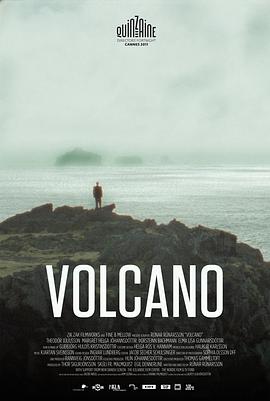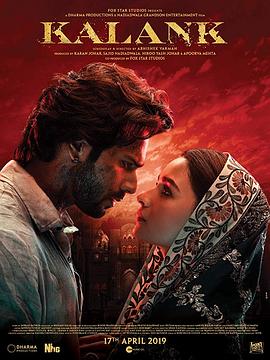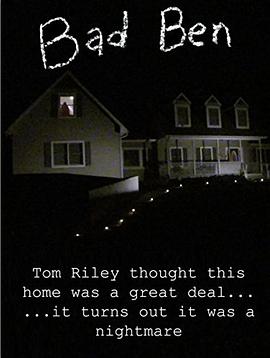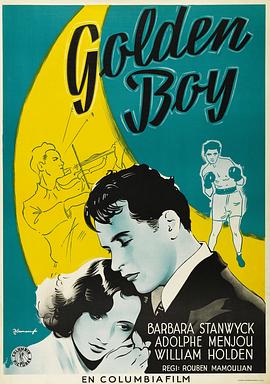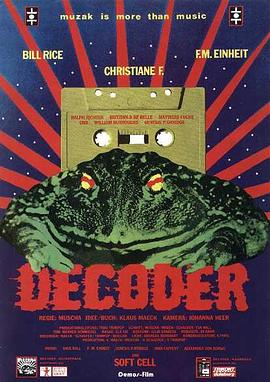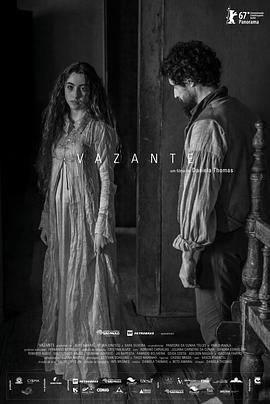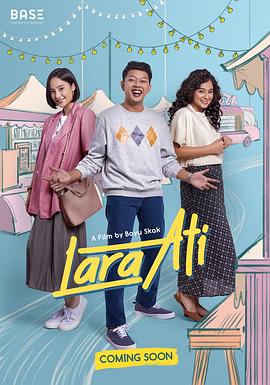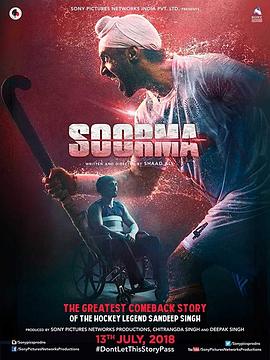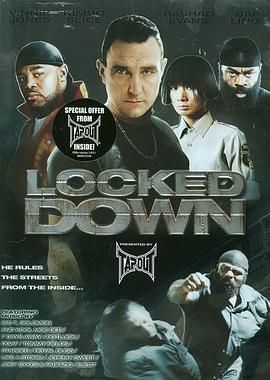Ba
搜索"Ba" ,找到 部影视作品
导演:
主演:
剧情:
卡拉克是一部史诗般的浪漫剧,六个神秘、深奥、渴望的人物纠结在寻找爱情的过程中,却被印度北部城市胡塞那巴德的两个世界的分裂所分开。乔杜里家族的精英、富丽堂皇和庄严的世界,以及这个小镇的狂野、神秘和音
导演:
剧情:
镇上的居民被一个不明身份的武装团伙抓获。他们开始在人类身上做实验,但由于一些不稳定的情况,实验失败了。因此,不成功的臣民被带离村庄,带到山顶,但大屠杀的幸存者“阿文”和“埃伊拉”在深坑中逃到山后。
导演:
主演:
剧情:
Tom Riley thought he was getting the deal of a lifetime when he bought a house below market value
导演:
主演:
剧情:
电影讲述,乔波拿马拥有过人的音乐天赋,他的父亲希望他在这方面能有所建树,但乔自己却希望能成为一名拳击手。为此他说服濒临破产的拳击经纪人汤姆穆迪给他一个机会。在汤姆穆迪专业的指导下乔迅速上升,不久就
导演:
主演:
剧情:
F.M.是一个颓废青年,某日他发现某种迷幻的音乐会使人们变得烦躁不安,他怀疑政府正借此对民众进行洗脑。。。
导演:
主演:
剧情:
1821年,巴西迪亚曼蒂纳山脉,奴隶贩子António回到又大又破的农庄。他的妻子死于难产,他和精神错乱的岳母与成群的黑奴被禁足于这荒无人烟的地方,他娶了死去妻子的12岁侄女Beatriz。不安分
导演:
剧情:
Unhappy in his job and unlucky in love, Joko reunites with a childhood friend and gets the spark o
导演:
主演:
剧情:
Soorma is the story of the triumph of the human spirit, about a player, who made headlines for his
导演:
剧情:

